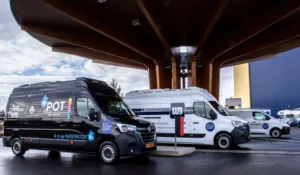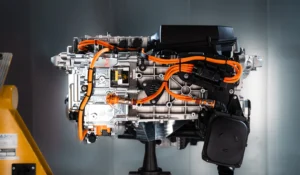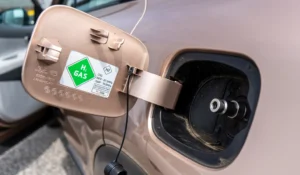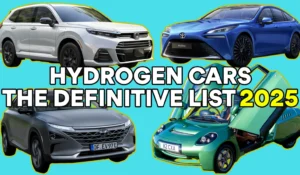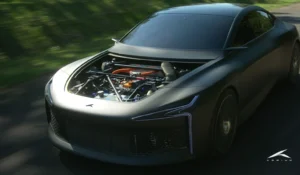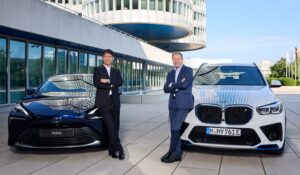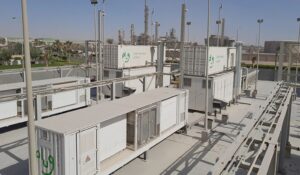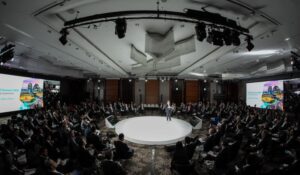Panasonic transforms Cardiff plant with green hydrogen and solar energy
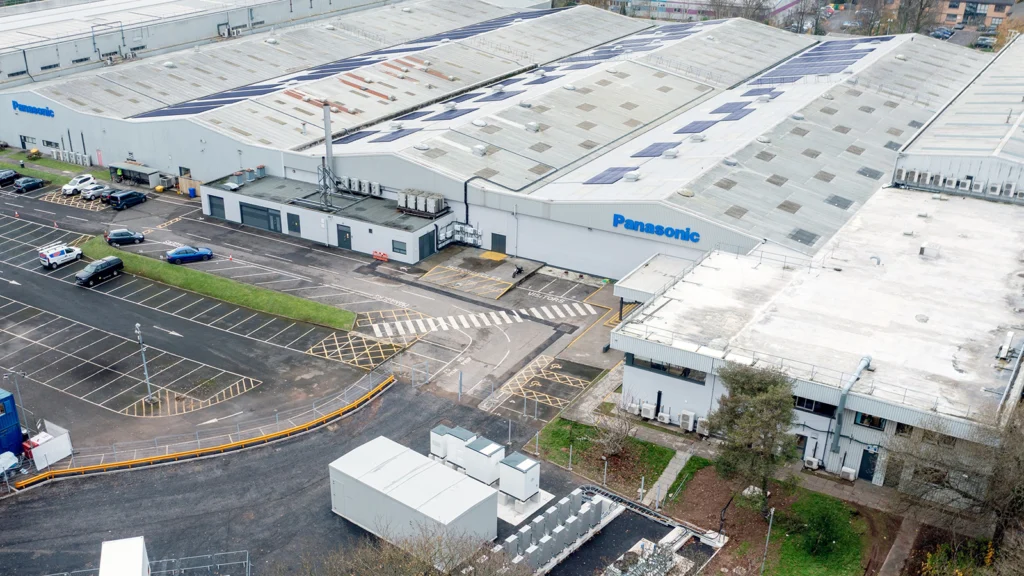
Companies around the world are seeing the benefits of hydrogen technologies to run their operations. Take BMW, for instance, who recently switched their factory fleet from batteries to hydrogen fuel cells. Now, Panasonic is going even further, transforming its Cardiff manufacturing plant into a hydrogen-powered, zero-emission facility.
Panasonic has opened Europe’s first Panasonic HX Renewable Energy Demonstration Facility at its Cardiff factory, transforming the 50 year-old site into a renewable energy powerhouse using hydrogen fuel cells, solar panels, and battery storage.
The facility now runs entirely on green energy, making microwave ovens while cutting its carbon footprint to near zero.
Hydrogen-powered factory
At the heart of the operation are 21 hydrogen fuel cells, backed by a 372kW solar array and a 1MWh battery system.
Together, these systems power the factory using green hydrogen produced right here in the UK.
Panasonic’s in-house Energy Management System (EMS) ensures all three energy sources work together efficiently, storing solar power when production is paused, for example, on weekends.
Masahiro Shinada, President & CEO of Panasonic Corporation, described the plant as “a birthplace of innovation,” adding: “By combining British and Japanese technology, we hope to help build a hydrogen society and lay the foundation for a decarbonised future.”
Ditching fossil fuels
The factory has also swapped out its old gas boiler for a greener system. Panasonic’s ‘ECOi-W AQUA-G BLUE’ heat pump, using the eco-friendly refrigerant R290, now provides hot water and heating, reusing any waste heat from the hydrogen fuel cells.
This then eliminates the need for gas entirely, making the site much more sustainable.
Panasonic say the hydrogen fuel cells are an impressive 95% efficient, providing electricity and heat with minimal energy loss.
The factory has also added everyday energy-saving features like motion-sensor lights and low-water-use taps to reduce its environmental impact even further.
Teaching the next generation
Panasonic is also thinking about investing in tomorrow. The site includes a new Heating and Cooling Training Centre of Excellence to train young people and professionals in renewable energy technologies.
The centre features Panasonic’s latest air-to-water heat pump systems, designed to keep buildings comfortable whilst also cutting energy use.
The company also plans to invite students and school groups to see its hydrogen-powered factory in action, hoping to inspire future engineers and scientists.
Moving toward Net Zero
The Cardiff site is part of Panasonic’s broader plan to hit net-zero CO2 emissions by 2030. The company has invested €130 million in its HX technology and plans to open a second European demonstration facility next year.
With its Cardiff factory now running entirely on renewable energy, Panasonic is proving that hydrogen, solar, and battery storage can work together to power real-world industrial operations – no fossil fuels required.

